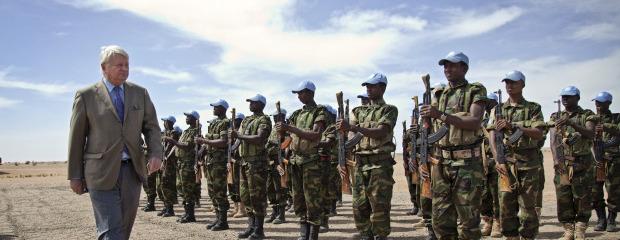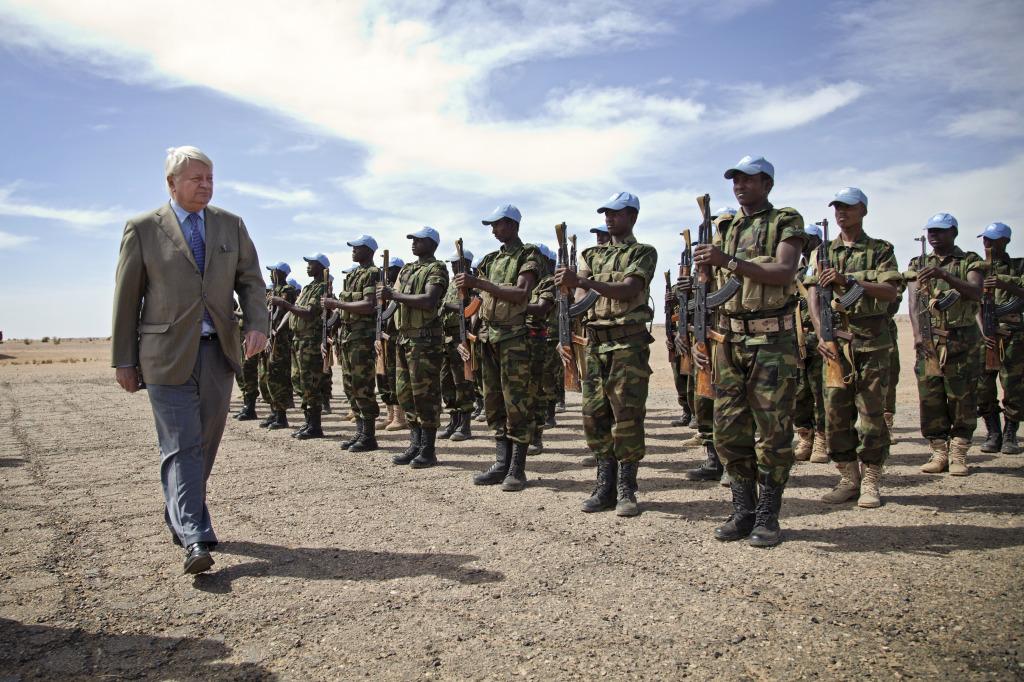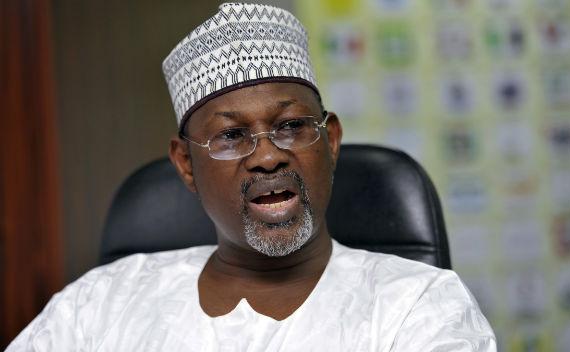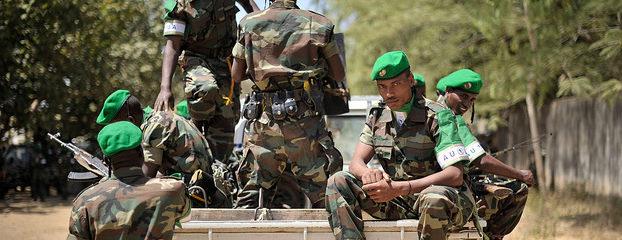
Debating Ideas is a new section that aims to reflect the values and editorial ethos of the African Arguments book series, publishing engaged, often radical, scholarship, original and activist writing from within the African continent and beyond. It will offer debates and engagements, contexts and controversies, and reviews and responses flowing from the African Arguments books.

Covid-19 is likely to disrupt ongoing peace processes, exacerbate existing conflicts and generate new conflicts, but it may also offer opportunities for ceasefires and peace agreements. The measures taken to contain the spread of the virus are, unfortunately, also affecting the mobility of peacemakers, peacekeepers and peacebuilders, who would normally have been able to facilitate these processes. To sustain peace, we need to find new ways of working, including mainly through national and local capacities for peace.
The outbreak of Covid-19 has had a fundamental impact on social, economic and political lives of all countries around the world. Arguably, one of the most serious concerns is how Covid-19 is likely to affect violent conflicts and ongoing peace processes. The nature and level of any impact Covid-19 will have on violent conflicts remain unknown. Popular response to the virus is currently complicating ongoing peace processes while ignoring the opportunities for collective action that builds on the resilience of communities that sustain peace processes.
How will Covid-19 affect ongoing peace processes?
The Secretary General of the UN has called for a unilateral ceasefire in ongoing conflicts. It will be challenging to achieve a unilateral ceasefire across all areas affected by violent conflicts, especially in Africa. However, this should not discourage actors from pursuing peace during this period. The Secretary General’s call for ceasefire has received support from peace advocates as well as some parties to conflicts around the world, even in Africa, including non-state armed groups. The link between pandemics and conflicts is not linear. In the past, the outbreak of epidemics such as Ebola created intersects with existing conflicts, making it difficult for effective public health interventions to stop the spread of the disease. However, research shows that disasters such as Covid-19 also provide opportunities for peace in countries affected by conflict.
International support is hindered by measures to contain the virus
Current peace processes supported by the international community in countries affected by conflict and Covid-19 are designed in ways that involve multiple stakeholders within and outside countries affected by violent conflicts. In most cases, these peacebuilding initiatives, even when described as locally-led initiatives, are often guided by internationally recruited professionals of INGOs, donor agencies and consulting companies. State responses to the outbreak of Covid-19 in conflict-affected countries in Africa have impacted on the movement of international professionals working in the field of peacebuilding. Currently, these professionals are unable to travel to areas impacted by conflict. Similarly, international organizations have placed restrictions on their staff travelling to these areas. The default response for most professionals is to return to their home countries.
National and local capacities for peace are constrained
While peacebuilding processes may be suspended, conflicts have not been suspended. In South Sudan, for example, communal conflicts persist even when national peace processes have gained momentum lately. The terrorist activities of the Boko Haram group in the Lake Chad region persist. The group has been on the offensive in the middle of the pandemic, killing Nigerian and Chadian soldiers. Rebels in DR Congo continue to fight in the bush. Separatist groups in Cameroon remain in active combat. The risk of conflict escalation is even higher in rural areas where non-state armed groups hold sway.
At the national level, restrictions that limit the movement of people and social distancing measures have kept people from coming together. These measures, while part of partial and full lockdowns implemented by national governments across the continent and helpful in stemming the spread of the virus in other contexts, however tend to suppress political processes such as peacebuilding that requires close interaction among actors especially when implemented in the African context.
Violent extremist, insurgents and organized criminals may take advantage
In peacebuilding, cessation of hostilities does not necessarily translate into peace. Peacebuilding requires sustained efforts towards reconciliation, reintegration, addressing the impact of conflict and the causes of conflicts. This process often requires physical meetings, roundtables, and events that are designed to bring conflict actors together towards sustainable peace. Retreating peacebuilding activities during this period portends a great danger for societies affected by violent conflicts. One likely consequence is that non-state armed groups will seize the opportunity to expand their frontiers, thus undermining ongoing peace processes. It also opens up the possibility of increased mortality in the context of violent conflicts. Hence, it is important that stakeholders adopt mechanisms that will sustain peacebuilding efforts in communities affected by violent conflicts during this pandemic.
Empower local actors to sustain peacebuilding processes
Current evidence suggests that there will be limited international travel for the foreseeable future. This will fundamentally change the relationship between international and national/local actors, as the ability of internationals to be directly involved in shaping and directing peace processes will be greatly constrained. This scenario presents an opportunity for moving beyond rhetoric and design to implement peacebuilding processes that are truly owned by those directly impacted by conflict in communities. This is an important dimension that is currently limited in the current global politics and policy processes of peacebuilding.
In the face of national lockdowns, one way this can be achieved is through existing local authorities, community peace actors and peace committees that are often common across Africa. Local actors that are embedded in communities impacted by conflict can continue to work on sustaining peace processes even when professional peacebuilders are unable to gain access to these communities in the face of lockdowns and restricted movements. In communities where there have been no reported cases of the virus, peacebuilding meetings and dialogues can still be held among actors while maintaining significant physical distance and taking precautions such as hand washing, use of sanitizers and face masks. For any peace process, what is important is that people keep communication open and sustained even during the pandemic.
International peacebuilders can continue providing remote support to local peacebuilders that are embedded in communities. One way to do this is to maintain financial support and the flow of funds to facilitate activities in local communities. Second, international peacebuilders can provide remote mentoring and capacity building. There is technological capacity for peacebuilders to receive coaching in the most remote places affected by conflict in Africa. To support this process, relevant training materials, research outputs and existing knowledge should be made available for African peacebuilders. International peacebuilders should also remain available to brainstorm with local peacebuilders when the latter encounter challenges in their communities.
Local peacebuilders can also support efforts to contain Covid-19
Local actors can also be enlisted to stop the spread of the pandemic. Instead of suspending their work, local peacebuilders should be recruited by national and international actors to engage local conflict actors on issues relating to the pandemic. Local peacebuilders can use their existing network and knowledge of community relations to coordinate preventive response to the pandemic in their communities. These resources can also be used to reinforce the expertise of public health workers in local communities.
Local peacebuilding actors can be purveyors of public health awareness messages that can save communities with limited health infrastructure. This is very important as conspiracy theories about the virus that are likely to endanger lives spread to these areas. Local actors can be channels of communicating trusted information about Covid-19 to conflict actors at the local level. Local actors involved in peacebuilding already have knowledge of translating complex messages into local languages. This skill will be very relevant in the fight against the pandemic in communities. With the right information, local conflict actors can be persuaded to accept the call by the UN Secretary General for a ceasefire. It is important to work with local actors to communicate the right messages that will stop the spread of the pandemic to rural areas affected by violent conflicts.
The Covid-19 pandemic may lead to two key outcomes in areas affected by violent conflicts. On the one hand, it may worsen conflict situations and undermine ongoing peacebuilding efforts. On the other hand, the pandemic could create the conditions necessary for advancing peacebuilding processes in local communities. Peacebuilding actors need to engage with local actors to achieve the desired outcome. Empowering local actors will not only sustain peace processes, but also contribute to the fight against the spread of Covid-19.






In Southern Cameroons (Ambazonia), the Southern Cameroons Defense Force (SOCADEF) declared a COVID19 ceasefire. The Republic of Cameroon ignored it and the ICRC refuses to declare a NIAC (non iternational armed conflict) after 3 years of fighting, so Amba fighters can be summarily arrested and excuted. The ICRC is working at cross purposes with the UN and seems to be an extension of Francafrique.